Tokenization in Indonesia and Bali: A New Era for Real Estate Investment
Real estate tokenization is gaining momentum worldwide — and Indonesia is no exception. From bustling cities to world-famous islands, new opportunities are emerging for people to access property investment in a more open and digital way.

Indonesia is a land of contrasts – bustling Jakarta skyscrapers, quiet rice fields, and the famous island of Bali, where millions of visitors come every year. Behind the beaches and temples, another story is unfolding: the story of real estate tokenization. This is the process of turning property into digital tokens on blockchain, making it possible for people to invest in real estate with only a small amount of money. For many, the idea of owning part of a Bali villa or a Jakarta apartment once sounded impossible. Today, tokenization is changing that dream into something real. In this article, we will explore how tokenization is growing in Indonesia, why Bali is becoming a special place for this trend, and what it could mean for the future of property investment in the country.
A Growing Trend in Indonesia’s Property Market
Indonesia is quickly embracing this trend and emerging as a regional pioneer. In late 2024, the country’s Financial Services Authority, known as Otoritas Jasa Keuangan (OJK), launched a dedicated regulatory sandbox for property tokenization. This sandbox is a controlled environment where companies can pilot new blockchain-based property investment models under the regulator’s supervision. The very first startup admitted into the sandbox was GORO, a local fractional property investment platform. GORO’s inclusion was a milestone – it showed that Indonesia’s regulators are open to innovation in real estate finance. Notably, GORO’s platform took off rapidly; it already serves over 100,000 users and saw its assets under management grow by 350% in 2024. Such explosive growth underscores how much interest there is in tokenized real estate among everyday investors in Indonesia.

This regulatory support is not a one-off. Since January 2025, OJK has assumed national oversight of all crypto and digital asset activity, consolidating authority that was previously fragmented. Under OJK’s watch, four pilot projects – including one for property tokens – are being tested within the sandbox, signalling that tokenization is moving “from experiment to mainstream”. In other words, what began as a novel experiment is now becoming part of Indonesia’s financial mainstream. Regulators see tokenization as a way to modernize the market, but they also want to ensure it’s done safely within proper rules. By actively guiding these trials, Indonesian authorities are balancing innovation with investor protection. As one local tokenization pioneer noted, success comes only when companies work hand-in-hand with regulators to build trust in this new market.
Why Indonesia Is Embracing Tokenization
Several factors make Indonesia fertile ground for real estate tokenization. First, the country has a young, tech-savvy population and a huge interest in digital assets. Over 7% of Indonesians own cryptocurrencies or other digital assets, a figure that far exceeds the number of citizens who invest in the stock market. This means millions of people are already comfortable with blockchain technology and digital finance, creating a ready audience for tokenized investments. In fact, a recent report by major Indonesian investors projected that the demand for asset tokenization in the country could reach USD 88 billion by 2030. Such a massive potential market is a strong incentive for businesses and policymakers to dive into tokenization.
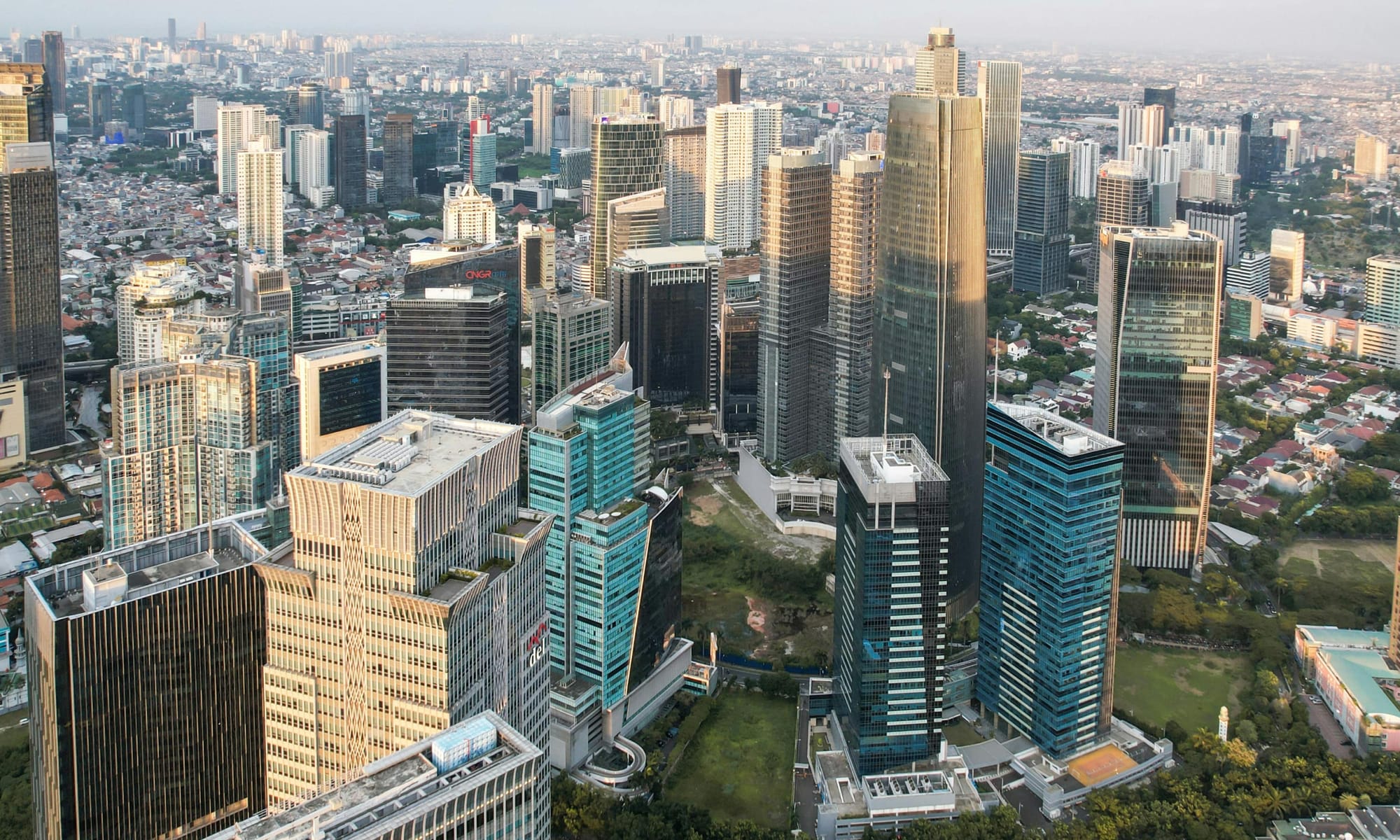
Second, Indonesia’s booming real estate and tourism sectors provide attractive assets to tokenize. The expanding middle class and rising property values have put many investments out of reach for ordinary people. Tokenization offers a solution by breaking expensive assets into smaller, affordable pieces. For example, a downtown Jakarta apartment or a beachfront lot in Bali can be split into thousands of digital tokens. Instead of needing hundreds of thousands of dollars to buy the whole property, an investor might spend just $50 or $100 to buy a token representing a small share. They can then trade these tokens or hold them to earn rental income and potential appreciation. This flexibility is appealing in Indonesia, where traditional property ownership has high upfront costs and liquidity is low (selling real estate can take months). By reducing the capital needed and enabling easier resale of property shares, tokenization addresses key pain points of the real estate market.
Another driver is Indonesia’s push for financial inclusion and innovation. The government and large institutions are actively encouraging the development of blockchain solutions. An accelerator program called Tokenize Indonesia was launched in 2025 with backing from major players like Saison Capital (a venture fund) and BRI Ventures (the investment arm of Bank Rakyat Indonesia). This program nurtures startups working on real-world asset tokenization, including real estate. Participants get to run pilot projects with big banks and telecom companies, and the initiative highlights the collaborative spirit between fintech innovators and traditional institutions. Tokenize Indonesia’s founders pointed out that the country’s combination of a young demographic, growing fintech sector, and clear regulatory direction has created a perfect foundation for tokenization projects. When launching the accelerator, they even chose Bali as the spotlight location – the program will culminate in a showcase at Coinfest Asia (a major crypto festival) in Bali. This underscores Bali’s importance not just as a tourist paradise, but as a hub for Indonesia’s digital asset movement.

Importantly, Indonesia is also laying the technical groundwork for a tokenized future. Bank Indonesia, the central bank, has been developing a Digital Rupiah (a central bank digital currency) under an initiative called Project Garuda. In January 2025, they successfully completed a proof-of-concept for a wholesale Digital Rupiah, testing it on blockchain platforms Corda and Hyperledger. Analysts expect that once the Digital Rupiah is live, it could serve as the settlement rail for tokenized securities, including real estate. In practice, that means if you buy or sell a token representing a property, the payment could be instantly settled in Digital Rupiah, streamlining the transaction. This integration of a national digital currency with tokenized assets would greatly enhance efficiency and trust in the ecosystem. It shows that Indonesia isn’t looking at tokenization in isolation; rather, the country is building an end-to-end digital finance framework – from currency to investment platforms – to support it.
Local Pioneers: From Jakarta to Bali
On the ground, several Indonesian companies are leading the tokenization charge. The most prominent is GORO, which has been described as Indonesia’s largest property tokenization platform. Founded in 2022, GORO allows people to invest in property projects through a simple mobile app, with investments as low as just $1. Yes, you read that right – for the price of a bottle of water, a user can get started in real estate investing. GORO focuses on rental properties and development projects across Indonesia, and it has already tokenized assets ranging from luxury villas in Bali to residential units in Jakarta. This approach is democratizing property investment, giving young or first-time investors a chance to participate in markets that were once accessible only to the wealthy. The platform’s popularity exploded, indicating that many Indonesians were waiting for something exactly like this. By the end of 2024, GORO had users from across 43 countries and was growing fast, showing international interest as well. When OJK admitted GORO into the regulatory sandbox, the founders highlighted how working under Indonesia’s highest regulatory standards was a vote of confidence in their model. It proved that innovation and compliance can go hand-in-hand. Armed with that credibility, GORO is scaling up even further. Its co-founders have noted that only a tiny fraction of Indonesia’s 275 million people currently invest in any assets, so by leveraging tokenization, they aim to empower tens of millions more to enter the property market.
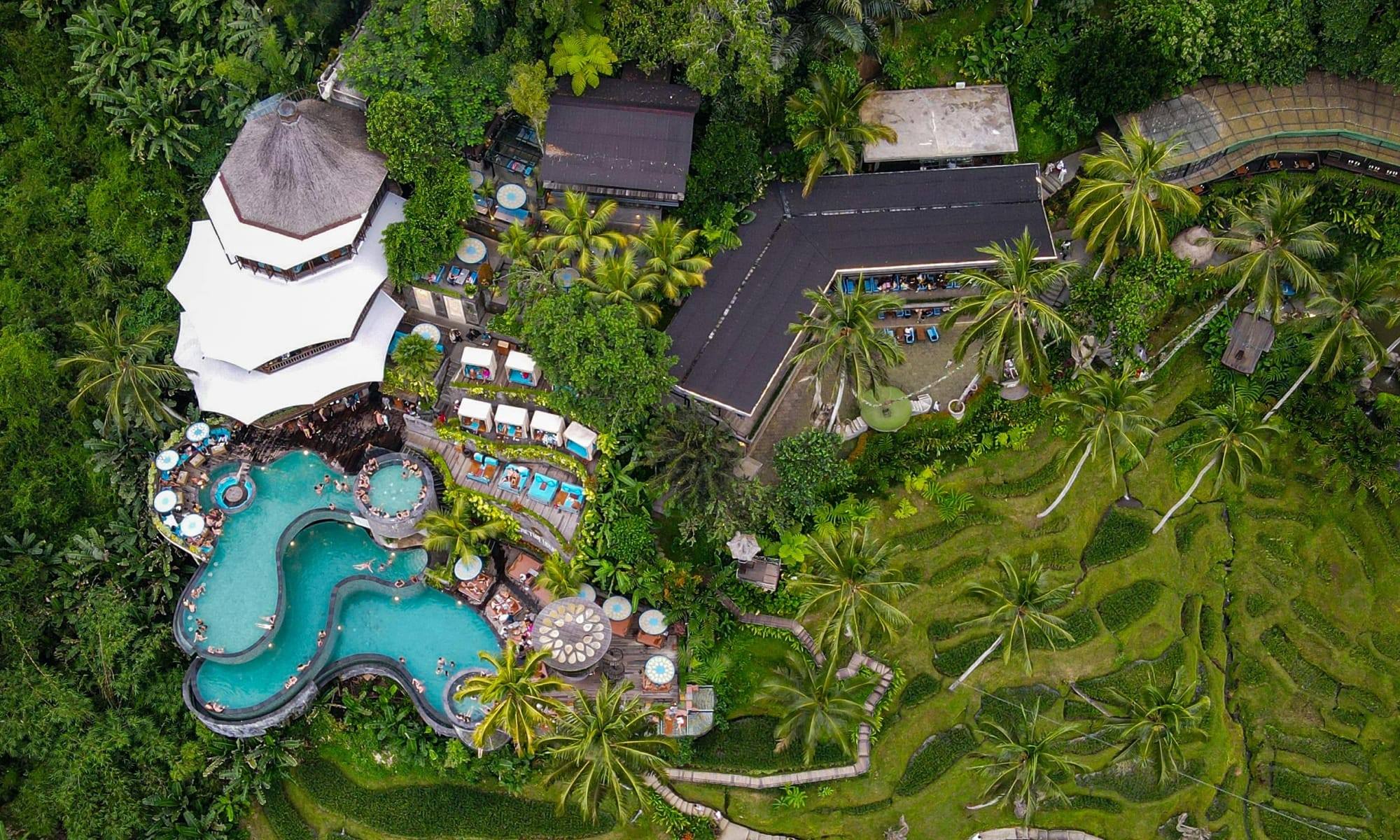
Another exciting venture is Bali Invest (and similar local initiatives) focusing on tokenizing real estate in Bali. Bali, with its world-famous resorts and villas, has always attracted investors – but often foreign or very wealthy ones. Now local startups see an opportunity to open Bali’s property market to a broader base through tokens. For instance, one project’s goal is to let Indonesians and global investors alike buy fractional shares in high-end Bali vacation homes and earn income from them. While details on Bali Invest are still emerging, the mere idea of owning “a piece” of a Bali villa via blockchain has captivated many people’s imagination. Clear regulations and proper licensing (like OJK’s sandbox) make such projects feasible. It’s noteworthy that pioneers in Bali have already launched tokenized real estate projects, proving the concept works on the island known as the “Island of the Gods.” This means someone could invest a few hundred dollars to become a partial owner of, say, a Ubud villa and share in the rental profits, all through a secure digital platform.
Local developers and businesses are also exploring tokenization as a financing tool. By issuing tokens tied to future property sales or rental revenues, real estate companies can raise capital from a wide pool of investors. This can accelerate projects that might otherwise rely on big institutional investors or banks. The Indonesian PropTech scene (property technology) is buzzing with discussions on how blockchain can improve transparency in land titles, speed up transactions, and enable crowdfunding of real estate in a regulated way. With government roadmaps like OJK’s 2024–2028 digital finance blueprint explicitly recognizing blockchain’s role, more traditional players are paying attention. We’re likely to see established developers partnering with tech companies to tokenize condo developments, hotels, or even land leases, bringing fresh investment into Indonesia’s property sector.
Bali: A Tokenized Paradise
Bali deserves special mention in any discussion of tokenization in Indonesia. The island is not only a top tourist destination but also a hotspot for real estate activity and innovation. Tokenization projects in Bali are bridging the gap between the island’s booming tourism property market and investors around the world. A striking example is CoFund’s Bali luxury hotel tokenization. CoFund, a real estate tokenization marketplace, partnered with a European fintech firm (Tokeny) to issue digital tokens for a high-end hotel in the heart of Bali. The hotel, valued at $10 million, was broken into tokens so that investors can participate with as little as $1,000. This is a game-changer: a middle-class professional in Jakarta or a crypto-savvy traveler in London can now invest in a Balinese hotel and share in its profits, without needing millions of dollars. By lowering the entry to $1,000, CoFund opened up a previously exclusive investment (Bali hospitality real estate) to a much wider audience. According to the company, Bali is just the first step – they chose it because of its strong tourism returns and global appeal, but they plan to tokenize properties in other regions using the experience gained in Bali.
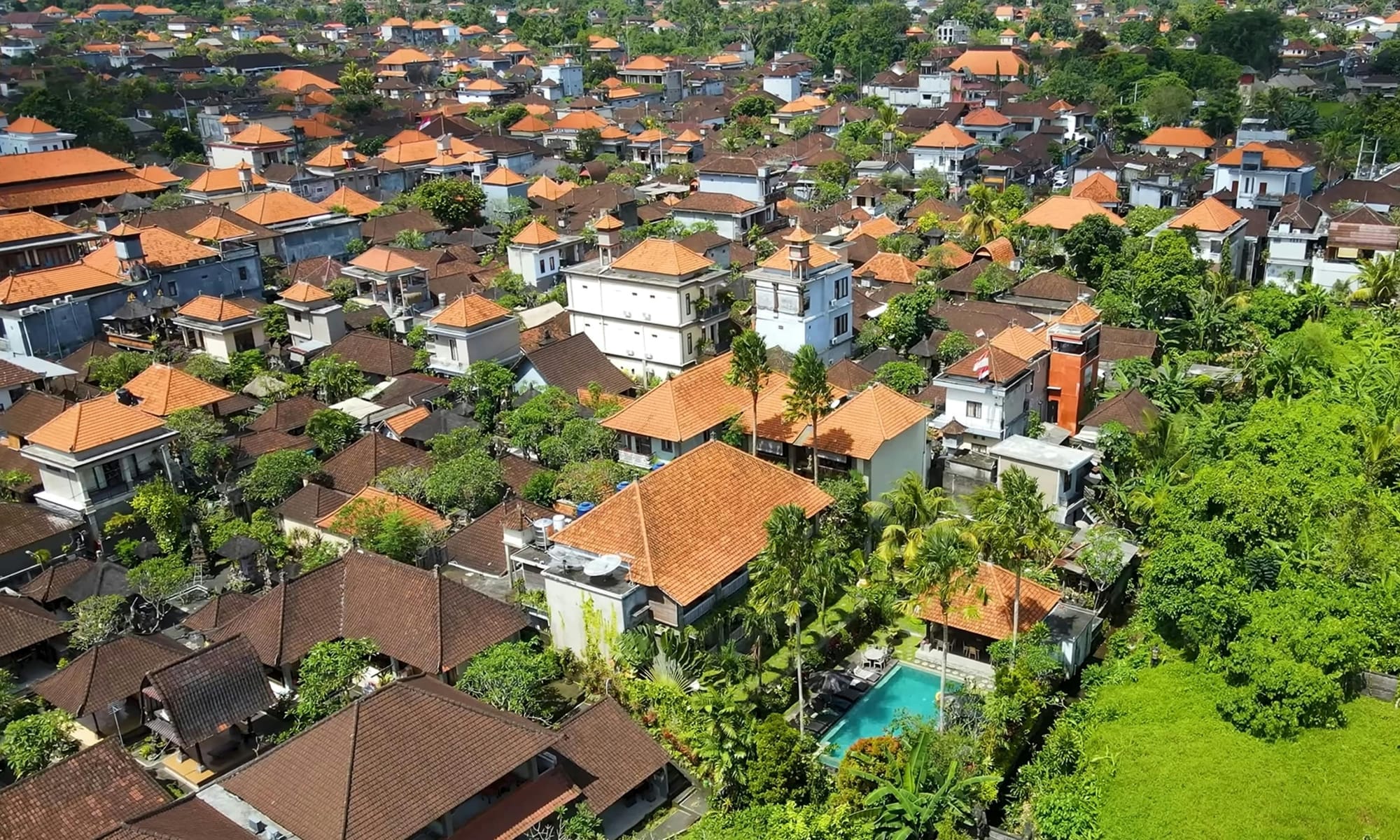
Why Bali? Beyond its idyllic beaches, Bali had over 9 million international visitors in 2019, indicating a robust tourism industry. Hotels and villas here generate steady rental income from tourists year-round. Yet, owning a piece of this lucrative market was nearly impossible for average investors. Tokenization changes that equation. It turns tourism into an investable asset class for the masses, not just large hotel chains or billionaire resort owners. Local Balinese entrepreneurs and foreign investors are both excited: the former see new funding sources for developments, and the latter finally have a straightforward (and legal) path to gain exposure to Bali’s property market. Traditionally, Indonesia has had strict rules on foreign ownership of land – many outsiders could only lease property or form complex legal arrangements to buy real estate. But with tokens, a foreign investor isn’t buying the land or villa outright; they are buying a security tied to it (often through a local corporate structure). This distinction can make compliance easier while still giving economic rights. Essentially, Bali’s tokenization projects offer fractional ownership in paradise, underpinned by smart contracts that handle things like rental distributions and governance transparently.
The success stories are already starting to appear. On one platform, a European investor named Tomas bought around $10,000 worth of tokens in a Bali villa. Over the next year, he received regular rental income from holiday-goers staying at the villa, and the value of his token stake appreciated as well. In fact, after 11 months, his investment had grown by nearly 19% in value, on top of the ongoing income. Another investor from France started with about $8,000 in a different property and was delighted with the ease of tracking her returns online – she even noted how she could sell her tokens anytime on a secondary market if she needed liquidity. These anecdotal successes show the promise of tokenized real estate: real people are earning tangible returns from Bali’s property market via tokens, all while enjoying greater flexibility than traditional ownership. Of course, these are individual cases and not every investment will be the same, but they provide a glimpse of what’s possible.
Global Eyes on Indonesian Real Estate
Indonesia’s moves have not gone unnoticed internationally. Global real estate tokenization platforms are now eyeing Indonesian properties, attracted by the country’s growth and the allure of places like Bali. One notable player is Binaryx, a European marketplace for tokenized real estate. Binaryx’s strategy is to focus on luxury vacation homes in prime tourist destinations. The company explicitly targets hotspots like Indonesia, Turkey, and Montenegro for offering fractional ownership to its users. Think of upscale beach villas, mountain retreats, and other high-yield vacation properties – those are the kinds of assets Binaryx brings on-chain. By mid-2025, Binaryx had already facilitated investments in about 25 properties across markets such as Bali, with more than 2,000 investors on its platform. The appeal is clear: investors from around the world can diversify their portfolios by owning a bit of a Bali villa or a Jakarta high-rise alongside properties in other countries, all through one platform. For Indonesians, this also means more competition and liquidity entering the tokenized property scene, potentially driving up standards and innovation.
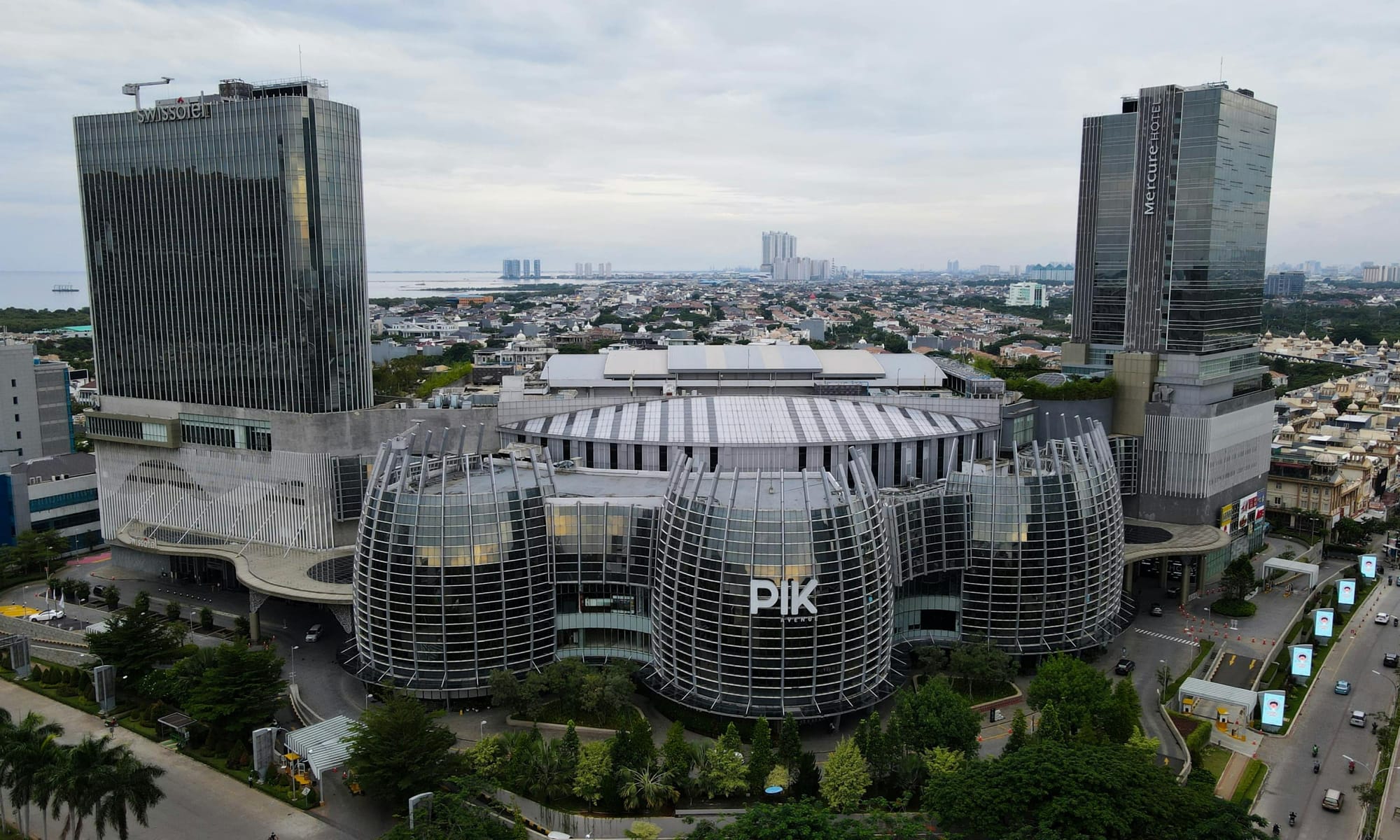
The involvement of international firms also brings robust legal and technical frameworks. For instance, Binaryx uses a structure where each property is held in a special purpose vehicle (like a DAO LLC in the U.S.), ensuring that token holders have legally recognized ownership rights. This kind of structure can provide extra reassurance to investors and regulators, as it marries Indonesian assets with foreign legal protections. Additionally, global platforms often come with secondary marketplaces, enabling investors to trade their property tokens much more easily than selling a traditional property. This liquidity is a huge advantage – you can sell part or all of your token holdings at any time without the lengthy process of finding a buyer for the whole house or land. Essentially, real estate becomes as tradable as stocks or cryptocurrency, which is something many in Indonesia’s investment community find very attractive.
Indonesia’s progress is also inspiring its neighbors and drawing regional interest. Observers note that Southeast Asia is turning into a hotspot for tokenized real estate, with Indonesia at the forefront. Countries like Thailand and Singapore have launched their own pilots and platforms, but Indonesia’s combination of an active regulator, live sandbox, and integration with national projects (like the Digital Rupiah) arguably puts it ahead in converting blockchain rhetoric into real products people can use. Even outside Asia, the news from Indonesia is encouraging other markets. As a comparison, Kazakhstan recently launched its own property tokenization sandbox after seeing examples in places like Dubai and Indonesia. The fact that Indonesian regulators are openly collaborating with startups serves as a case study that prudent innovation is possible in emerging economies.
Challenges and the Road Ahead
While the excitement is high, tokenizing real estate in Indonesia isn’t without challenges. One major consideration is regulation and legal clarity. Real estate involves complex legal rights, and splitting those rights among many token holders can be complicated. Indonesia is still refining the rules to ensure that tokenized property offerings protect investors and comply with existing land laws. For example, questions arise such as: Does owning a token grant you any usage rights of the property (probably not, unless specified)? How are rental incomes and taxes handled for token holders? What happens if a tokenized property needs maintenance or faces a legal dispute? Regulators and companies are working through these details. The presence of the OJK sandbox means these issues can be identified and addressed on a small scale before scaling up to the wider market. It’s a careful dance between innovation and safeguards. Thus far, the signs are positive – the sandbox approach has fostered open communication between tech firms and regulators, allowing them to co-create solutions. For instance, early tokenized projects in the sandbox operate under tight oversight, with requirements for audits, proper custody of property titles, and clear investor agreements.

Another challenge is investor education and trust. Tokenization is a new concept to many, and some potential investors might feel wary of buying digital tokens instead of physical deeds. There is a need for clear communication that tokens are not some kind of volatile cryptocurrency gamble, but rather digital representations of real assets that have underlying value. Efforts by platforms like GORO include simplifying their apps and using plain language to explain risks and returns. The more success stories that emerge (like small investors earning steady income from Bali rentals), the more confidence will build. Also, Indonesia’s push for a digital-savvy economy means more people are getting comfortable with fintech. Mobile wallet usage, for example, is widespread, and investing via apps is becoming common. Tokenization is likely to ride that wave of digital adoption.
On the technological side, ensuring secure and efficient platforms is crucial. Blockchain-based systems must be robust to hacks or fraud, and transactions should be smooth. So far, there have been no major incidents in Indonesia’s tokenized real estate space, but platforms are cautious. Many use reputable blockchain networks and conduct security audits. The involvement of established tech partners (like Tokeny for CoFund’s project) also adds credibility and know-how in implementing secure token standards.
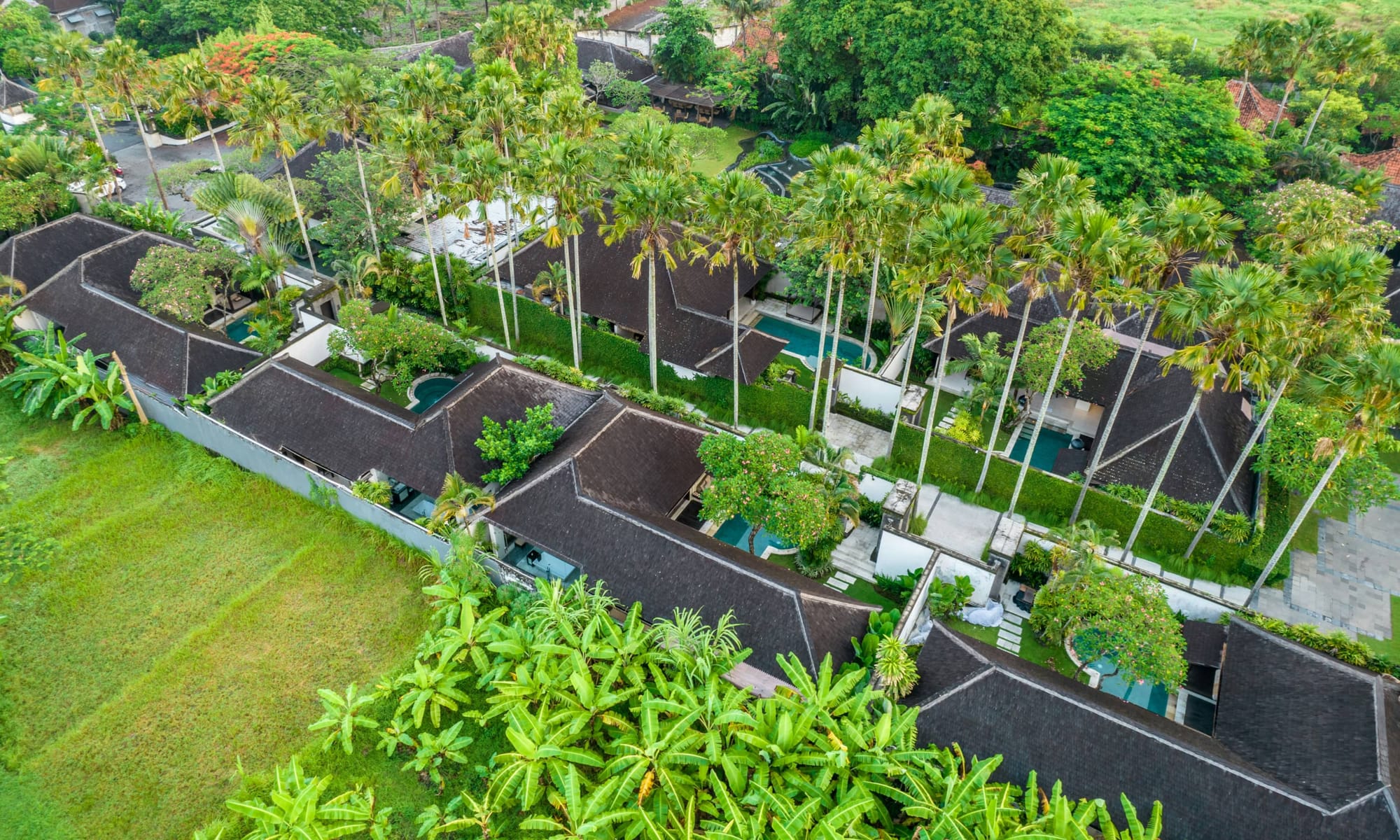
Looking ahead, the outlook for tokenization in Indonesia is bright. All the building blocks are falling into place: supportive regulators, eager investors, strong technology, and valuable real estate assets. We can expect to see more diverse properties being tokenized. Today it might be villas and hotels; tomorrow it could be shopping malls, co-working spaces, or even infrastructure like toll roads and airports. The Indonesian government’s openness suggests that, as these projects prove their worth, there could be new laws or frameworks instituted to integrate tokenized assets formally into the financial system (much like how conventional REITs – Real Estate Investment Trusts – are governed). If that happens, tokenized real estate could become as ordinary as buying mutual fund units.
Conclusion: Indonesia’s Tokenized Future
In summary, Indonesia is riding the crest of a proptech revolution with real estate tokenization at its core. The country’s unique blend of enthusiastic investors, attractive properties, and progressive oversight has created a narrative that reads almost like a modern fairy tale: a young professional in Jakarta can invest a few dollars to own a stake of a beachfront Bali villa; a family in Surabaya can put some savings into a token that helps fund a new apartment building and yields them rental income; a tech startup in Bandung can raise capital by tokenizing its co-living space project, drawing micro-investments from across the nation. These stories were barely imaginable a decade ago. Now they are unfolding for real.

Indonesia’s experience shows that tokenization can turn bold ideas into reality when the right support is in place. The country that famously spans thousands of islands is now digitally bridging the gap between real estate and investors worldwide. By converting land and buildings into bits and bytes on blockchain, Indonesia is unlocking new economic opportunities. Small investors gain access to high-value assets, developers find new funding avenues, and the property market gains liquidity. Challenges will surely arise, but the overall momentum is undeniable – tokenized real estate in Indonesia has moved beyond hype and is steadily delivering results that people can see and touch (or at least, see in their digital wallets).
As Indonesia continues on this path, it could well become a model for other countries looking to democratize wealth creation through technology. From the skyscrapers of Jakarta to the rice terraces of Bali, tokenization is rewriting the rules of property ownership. And in doing so, it’s turning Indonesia’s real estate market into a more inclusive, dynamic, and globally connected arena. With regulators, innovators, and investors all on board, the stage is set for Indonesia to remain at the forefront of the tokenized real estate movement – one digital property token at a time.

